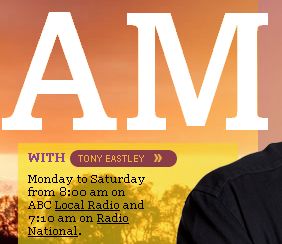 TONY EASTLEY: Changes to commercial surrogacy arrangements in India, introduced just before Christmas, have cut off one of the more popular avenues for Australians wanting to become surrogate parents.
TONY EASTLEY: Changes to commercial surrogacy arrangements in India, introduced just before Christmas, have cut off one of the more popular avenues for Australians wanting to become surrogate parents.
While going overseas for commercial surrogacy is illegal in Queensland, New South Wales and the ACT, hundreds of Australians still fly to India every year to become parents.
However, the Indian government has now issued a directive that only couples who have been married for more than two years can enter into commercial surrogacy arrangements, and only if it is legal in their home country.
Nance Haxton reports.
NANCE HAXTON: Queensland lawyer Stephen Page is a surrogacy specialist who has represented many Australian surrogate parents. He says the policy changes in India have already had a huge impact.
STEPHEN PAGE: Essentially, if you want to go to India in future for surrogacy, you’ve got to be married for a minimum of two years – gay marriage is excluded – and surrogacy must be legal back home.
And the only place where commercial surrogacy can occur in Australia is the Northern Territory. So unless you’re in a heterosexual, married relationship for two years and you’re living in the Northern Territory, you can forget about going to India.
NANCE HAXTON: So there was effectively a loophole before this where many Australians were able to go to India to engage in commercial surrogacy arrangements.
STEPHEN PAGE: Anyone could undertake it in India, anyone. So… and the majority of people from Australia who went weren’t married. So they were either living in a de facto relationship or they’re in a same sex relationship or they were singles.
I believe instead of about 200 children a year being born to Australian intended parents a year, it will be down to five or 10.
NANCE HAXTON: He says the rule change won’t stop Australians entering into commercial surrogacy arrangements overseas. They will simply look elsewhere.
STEPHEN PAGE: See the strange thing is, it’s outlawed at the state level but at the federal level it’s not. At the federal level, you can go overseas and all that you need to establish is that the child is yours and then the child is entitled to Australian citizenship.
NANCE HAXTON: Surrogacy Australia president Sam Everingham says many Australians with incomplete commercial surrogacy deals in India are now in limbo. He says it would be far preferable for Australia to regulate commercial surrogacy at home.
SAM EVERINGHAM: It’s become a legal headache for many courts in Australia dealing with the unintended consequences of surrogacy. And I think you know if we had arrangements in Australia where commercial arrangements were possible, it would make it much easier for the kids that are born, as well as the parents.
NANCE HAXTON: What about for people who have ethical concerns about exchanging money for children in that way?
SAM EVERINGHAM: Look, I think there’s a lot to be said for keeping these arrangements all happening in the same country. You avoid issues like accusations of exploitation of families from less well off backgrounds, and it’s been clear from systems in place in US states like California and Minnesota that commercial systems can operate very well, with really positive outcomes for the children, the surrogates and the intending parents.
So I think we need to look really closely at that as a wider community. I mean, despite the laws we’ve had against surrogacy, a lot of families go overseas and ignore those laws. So I think it will be a much better outcome if we could get those sorts of arrangements and much better access to surrogates in Australia.
I mean, even if it’s not commercial, even if it’s just surrogates being able to advertise that they’re willing to carry in Australia it would be a start.
TONY EASTLEY: The president of Surrogacy Australia, Sam Everingham, speaking there with Nance Haxton.
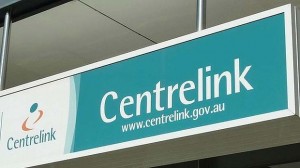
 WA DIVORCES have hit a five-year high, but in the rest of the country fewer married couples are calling it quits.
WA DIVORCES have hit a five-year high, but in the rest of the country fewer married couples are calling it quits.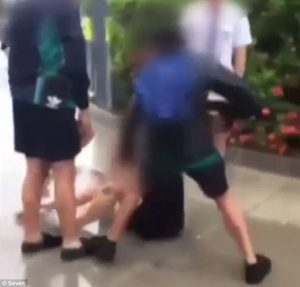 THE parents of a boy who was allegedly bashed and sexually abused at school by an older girl are suing South Australian education authorities for failing to provide counselling.
THE parents of a boy who was allegedly bashed and sexually abused at school by an older girl are suing South Australian education authorities for failing to provide counselling. CHANGES to Victoria Legal Aid eligibility guidelines may breach Australia’s obligations to children under international law, lawyers say.
CHANGES to Victoria Legal Aid eligibility guidelines may breach Australia’s obligations to children under international law, lawyers say. A PUSH to harmonise adoption laws across the country could see South Australia abolish restrictions that can conceal the identities of birth parents or children.
A PUSH to harmonise adoption laws across the country could see South Australia abolish restrictions that can conceal the identities of birth parents or children.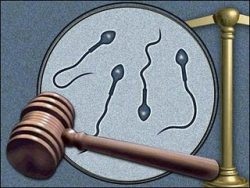 A widow has been allowed to extract her dead husband’s sperm a day after he took his own life, following an urgent West Australian
A widow has been allowed to extract her dead husband’s sperm a day after he took his own life, following an urgent West Australian 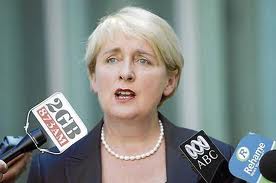 Federal Treasurer Wayne Swan has rejected backbench calls for the Government to reinstate higher welfare payments for single parents.
Federal Treasurer Wayne Swan has rejected backbench calls for the Government to reinstate higher welfare payments for single parents.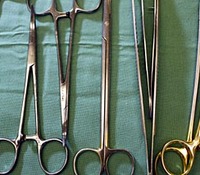 PARENTS of women with intellectual disabilities are going straight for sterilisation procedures rather than ”existing and viable options” to help control menstruation and contraception, a national Senate inquiry has heard.
PARENTS of women with intellectual disabilities are going straight for sterilisation procedures rather than ”existing and viable options” to help control menstruation and contraception, a national Senate inquiry has heard.